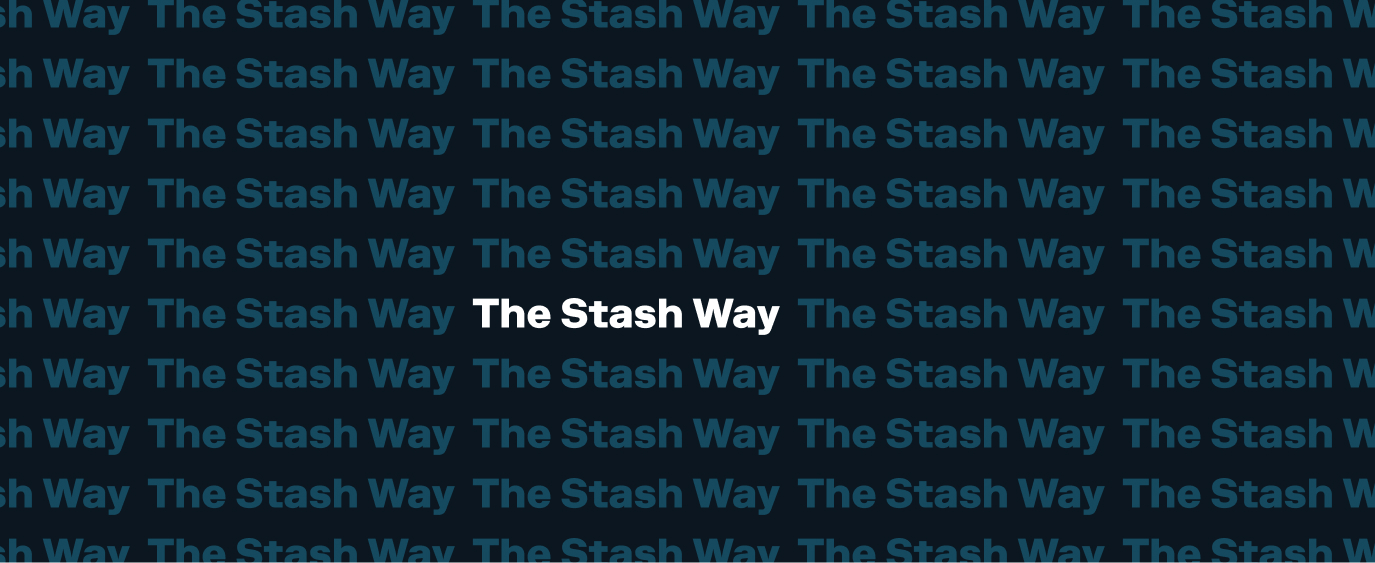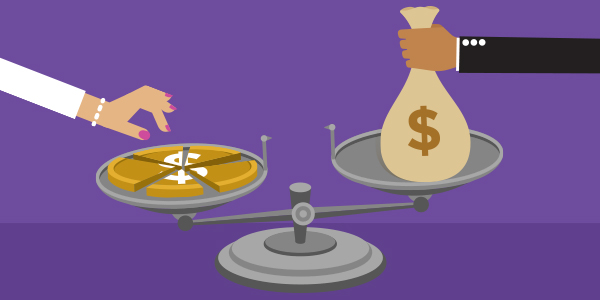Investing Glossary
| A | B | C | D | E | F | H | L | M | P | R | S | U | # |
A
ADR fee
ADR stands for American Depository Receipt. An ADR fee is charged on foreign stock investments. The ADR fee on these holdings is usually from $0.01 to $0.03 per share, and are usually deducted from dividends earned.
Age of majority
When a minor legally becomes an adult. This varies by state, but is usually either 18 or 21. This is when the funds in a Custodial Portfolio can be turned over to the minor.
B
Bank transfer reversal fee
The bank you are transferring from cancels your transfer and they charge you a fee for the cancelation. This could happen if there is a duplicate transfer, a transfer was denied, or if your external bank account is closed/restricted.
The fee is usually $0.50, and Stash will cover this fee.
Batched transfer
Grouping of several separate transfers to one amount so we only take funds once out of your external bank account, instead of multiple smaller transactions.
Bond
A debt security, like an IOU. When you buy a bond, you lend money to the issue (most likely a government entity).
C
Capital gain
An increase in the value of your investment. If you sell an investment that has increased in value, and you sell the investment at a profit, that is a capital gain.
D
Diversification
Multiple investments in different assets, companies, regions, etc. Diversification means not putting all your eggs in one basket, so to speak.
Dividends
A payment to a shareholder when a company shares its profits. The amount of dividends you receive depends on how many shares you own. Dividends are usually paid quarterly (but not always), and the amount will be deposited into your Cash Balance.
E
Exchange-Traded Funds
Exchange-traded funds, or ETFs, are a collection of various investments bundled together. ETFs can be made up of stocks, bonds, or other securities, or any combination of these. ETFs are a great way to diversify your portfolio.
Expense ratio
How much an ETF charges for portfolio management. This is usually a percentage of the fund’s value.
F
Fractional share
A piece of a whole share. Fractional shares allow you to invest in a company without having to buy a full stock.
H
Holding
A general term for all of the investments you own. Holdings include stock, ETFs, and bonds.
L
Last price
The most recent price of a share. The last price is updated every 20 minutes during market hours (9:30 a.m. to 4:00 p.m. ET, Monday-Friday).
M
Mergers & acquisitions
When two companies combine or break apart.
P
Portfolio
All of the investments you own, including all of your stocks, ETFs, and bonds.
Portfolio cash
The amount of money you have to purchase investments.
R
Rebalancing
Stash adjusts your Smart portfolio to align with your risk profile. The value of your portfolio changes over time, and we adjust your portfolio to ensure the best fit for you.
Rights offering
When a company allows shareholders to purchase additional shares at a predetermined price.
Risk tolerance/risk level
Risk tolerance is how much risk you think you can take. We use this information to determine your risk level—conservative, moderate, and aggressive.
S
Securities
Any type of investment in your portfolio, including stocks, bonds, and ETFs.
Stock
Partial ownership of a company. Companies offer stocks in a way to raise money.
Stock split
There are two kinds of stock splits:
- Forward stock split: A company decreases the value of the dollar price of shares by increasing the amount of shares on the market.
- Reverse stock split: A company increases the value of the dollar price per share by reducing the amount of shares on the market.
Stop loss orders
The sale of a security once it reaches a certain price – however, Stash does not offer stop loss orders.
U
Unsettled funds
An investment that has been sold, but has not yet been deposited into your Stash account.
#
401k
A type of retirement account sponsored by an employer. Stash does not offer 401ks, but does offer individual retirement accounts (IRAs).
Related questions View all Tips & Guidance
-
Q. IRA Close or Withdrawal State IRA Withholding Requirements
Traditional IRA required state withholdings. If you’re requesting to make a partial withdrawal from your Traditional Individual Retirement Account (IRA), or to close it completely, you’ll need to fill out a withdrawal form before the account can be closed. On this form,…
-
Q. Quick Start Your Stash – 2024 New Depositor Promotion
Looking to take control of your finances in 2024? If you’re a new customer or have not yet made a deposit into your Stash account prior to 01/01/24, you can earn up to $10. To earn the first $5 promo, deposit at least $5 into your Personal or Smart Portfolio by 4/30/24.…
-
Q. Everything you Need to Know about Dividends
A dividend is a payment to a shareholder when a company shares its profits. The amount of dividends you receive will be proportional to the amount of stock you own in that company. Dividends are usually paid in cash (not additional stock),…
Didn’t find your question?
Tell us what you’re looking for, and we’ll search for resources that could help.
Ask your question

